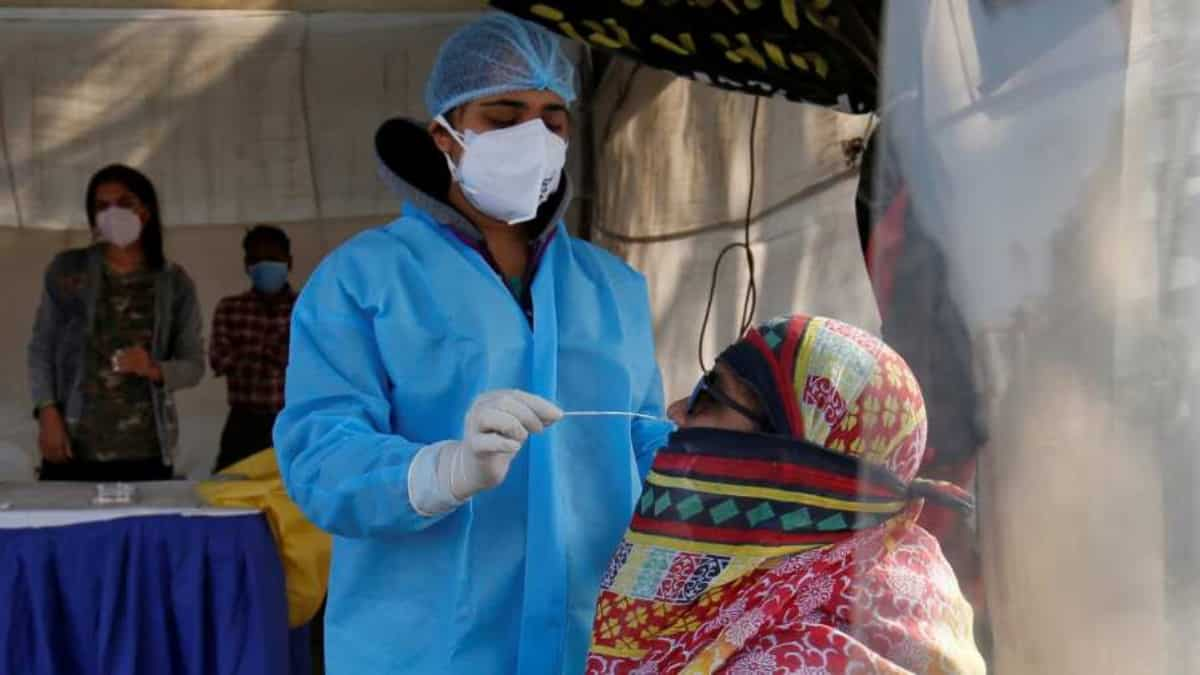Global Health Report Highlights
- 1.5 billion more people achieved better health and well-being since 2018
- Universal health coverage expanded to 585 million more individuals
- Only 777 million more are likely to have adequate protection during health emergencies by 2025
Global Life Expectancy Decline
The World Health Organization’s World Health Statistics report revealed that global life expectancy fell by 1.8 years to 71.4 years between 2019 and 2021. Healthy life expectancy also declined by 1.5 years to 61.9 years during the same period.
Impact of Covid-19 on Life Expectancy
The Covid-19 pandemic played a significant role in the decline of global life expectancy. The report highlighted that the Americas and Southeast Asia regions experienced the most significant drops, with life expectancy decreasing by about 3 years.
Causes of Death
Covid-19 emerged as a top cause of death, ranking third globally in 2020 and second in 2021, claiming nearly 13 million lives. Non-communicable diseases (NCDs) such as heart disease, stroke, cancers, and diabetes were identified as major contributors to global mortality.
Health Inequities
The report emphasized that refugees, migrants, and people living with disabilities faced disproportionate health inequities. Access to healthcare for these vulnerable groups remained limited in many countries.
Future Outlook
Despite the challenges, there is hope for improvement. It is crucial to accelerate progress to meet the health Sustainable Development Goals (SDGs) by 2030. Samira Asma, WHO assistant director-general, emphasized the importance of advancing global health initiatives to address these pressing issues.
















































